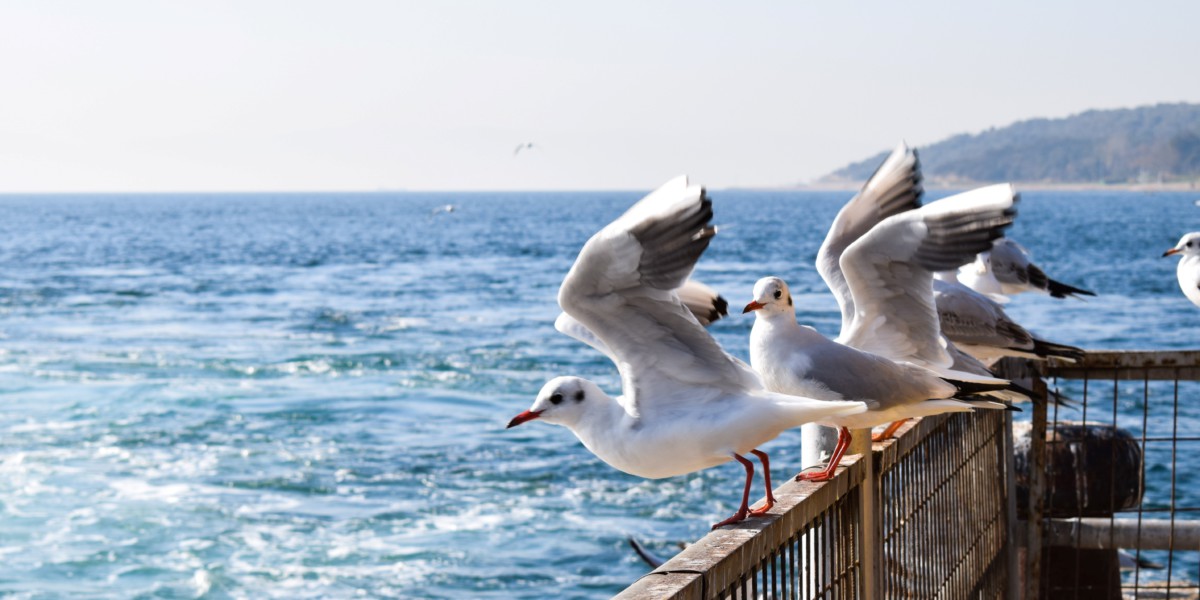The government may be hellbent on backing coal and gas projects, but there is plenty of positive environment news. Australia’s largest companies have joined forces to fight the war on plastic while Tesla is going hard on Bitcoin. And did you know our planet is home to 50 billion birds?
World energy watchdog demands immediate end of new gas projects
Contradicting the Morrison government’s mantra that “the future is gas”, the world energy watchdog has demanded an immediate end to new fossil fuel projects. Awkward.
The International Energy Agency (IEA) says new coal, oil and gas projects must immediately cease and there must be a rapid acceleration of renewable energy. The sale of combustion-engine cars must end by 2035.
The IEA says that if the world is to hit net-zero emissions by 2050, nations must put short-term actions next to their goal of reaching net zero emissions by 2050. And every year the world will need to install four times the amount of wind and solar energy than it did in 2020.
Read more about this story here
Many sparrows, few rarities
Earth is home to around 50 billion wild birds according to a new global estimate, but most species are very rare and only a handful number in the billions.
Just four undomesticated species are in the club of those with a billion-plus individuals. Headed by the house sparrow, the club presently includes the European starling (at 1.3 billion), the ring-billed gull (1.2 billion) and the barn swallow (1.1 billion).
“It was surprising that only a few species dominate the total number of individual birds in the world,” said ecologist Corey Callaghan, who led the research at UNSW. “What is it about those species, evolutionarily, that has made them so hyper-successful?”
Read more about this story here
Industry giants take action on climate
Plenty of positive environment news this week: dozens of Australia’s largest companies including Woolworths and Unilever are joining forces to fight the war on plastic, a new study finds our planet is home to 50 billion birds (no points for guessing the most abundant) and Tesla goes hard on Bitcoin.
On the flipside, the mouse plague is enduring and now labeled an “economic and public crisis”. Here’s the roundup of this week’s biggest stories.
Retail giants join forces to tackle plastic waste
Dozens of industry behemoths are joining forces to ramp up the war against plastic waste.
Leading retailers including Coles, Woolworths and consumer goods giant Unilever, are among businesses joining the ANZPAC Plastic Pact which will launch a new circular economy program on Tuesday designed to tackle the plastics crisis.
The major move will mark the first time that industry giants, representing all stages of the supply chain, will come together to address the issue.
Read more about this story here
Tesla’s warning for cryptocurrencies that ignore climate change
Tesla chief executive Elon Musk has suggested his company could sell off its Bitcoin holdings, sending the cryptocurrency plummeting.
It followed Musk’s announcement earlier this month that his company would no longer accept Bitcoin in payment for its electric cars, due to the fossil fuels needed to create the digital currency.
Bitcoin is created via high-powered computers solving complex mathematical equations. These computers use a lot of electricity, which is often generated by fossil fuels. Tesla’s about-face is a blow to Bitcoin, the value of which jumped when Tesla got on board.
Tesla’s stance is a big winner for both the climate, and the company’s “green” reputation. The development has also shone the spotlight further onto the carbon footprint of cryptocurrency – an issue that will not go away soon.
Read more about this story here
Worsening NSW mouse plague now an “economic and public health crisis”
When the mouse plague began in regional New South Wales and Queensland, residents spoke like generals in a war. It was all about strategy, setting the cleverest traps, fortifying houses to keep the enemy out and outsmarting the tiny creatures as they attacked wave after wave.
But, six months on, with rodent numbers surging again despite thousands of tonnes of poisons being deployed and devastating floods, conversations about mice have changed. They aren’t foes to be bested any more, they’re more like a giant dark cloud hovering over each town.


